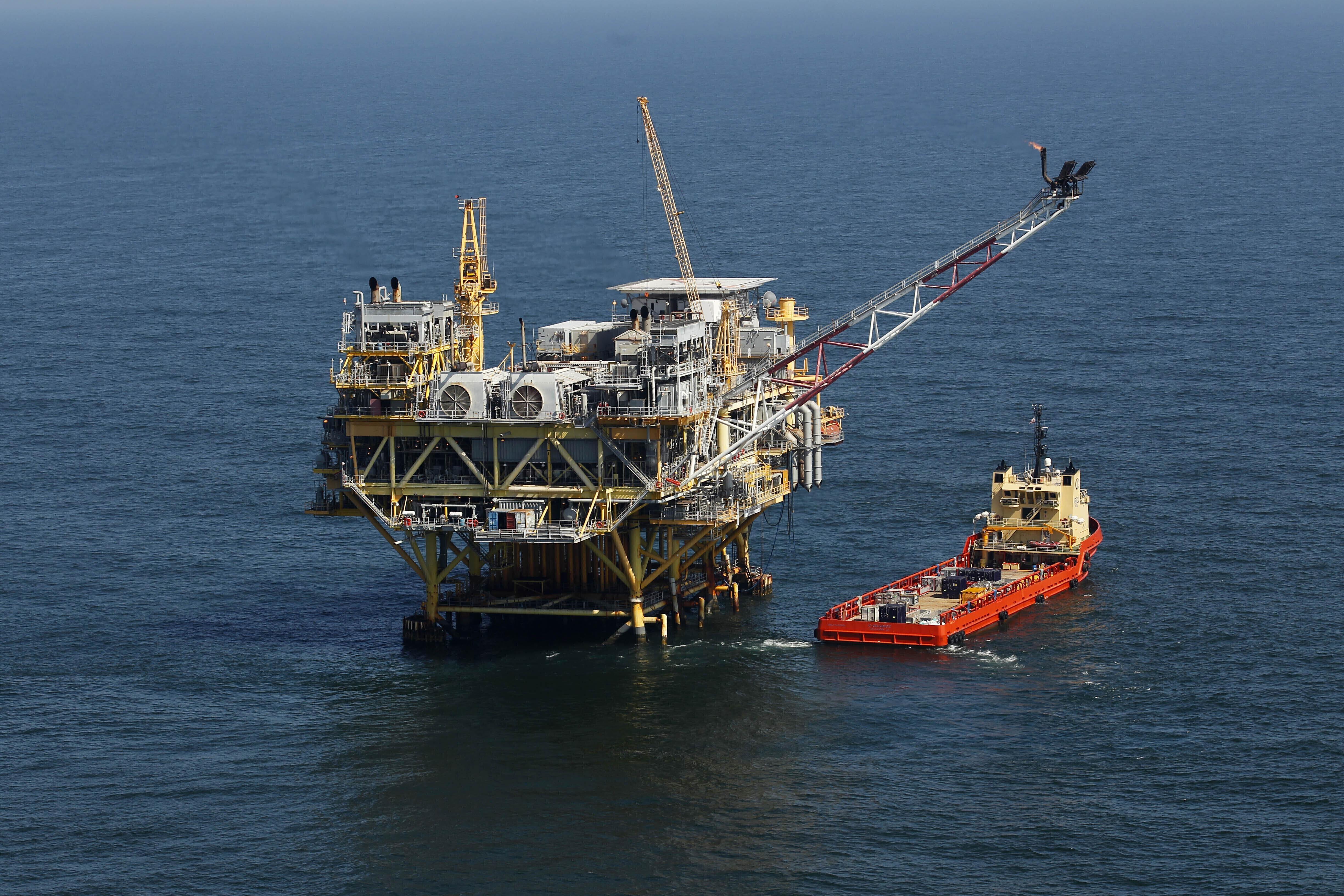Louisiana, Mississippi and Texas are suing against the new rule.
The lawsuit says it will “crush” their independent small and mid-sized oil companies and spare the major companies, such as Chevron and Shell. According to the lawsuit, independent companies produce about half of U.S. oil, and this rule will cause the loss of more than 30,000 jobs.
For these smaller companies, it’s a struggle to get the bonds needed.
“There's not that many companies out there that do these kinds of bonds the government is requiring,” said Mike Moncla, president of the Louisiana Oil and Gas Association, one of the plaintiffs in the lawsuit.
Moncla said the bonds are too high to impose on leases that already exist and many of the association’s companies would go bankrupt trying to get them.
“We don't mind the increase in the bonds going up for future stuff,” he added. “It's changing the rules of the game and trying to change contractual agreements that we have the issue with.”
Tracy Krohn, CEO of W&T Offshore, said one of the bonding companies he works with asked for $250 million in collateral, which his company cannot afford.
“We employ about 390 people. We employ probably another couple of hundred of contractors, so for us, having to post all this collateral would cause the company to go bankrupt,” said Kohn.
The lawsuit argues that going up the “chain of title,” another method that BOEM can use to get the infrastructure cleaned up, was working fine. Often, oil companies sell the leases to each other, so if a company goes bankrupt and cannot decommission the infrastructure, BOEM can ask the previous owner to clean it up.
“Honestly, I don't see that there's a problem,” Moncla said. “I think that the Biden administration invented a problem that wasn't necessary to fix in the last 20 years.”




